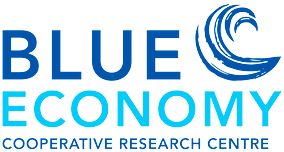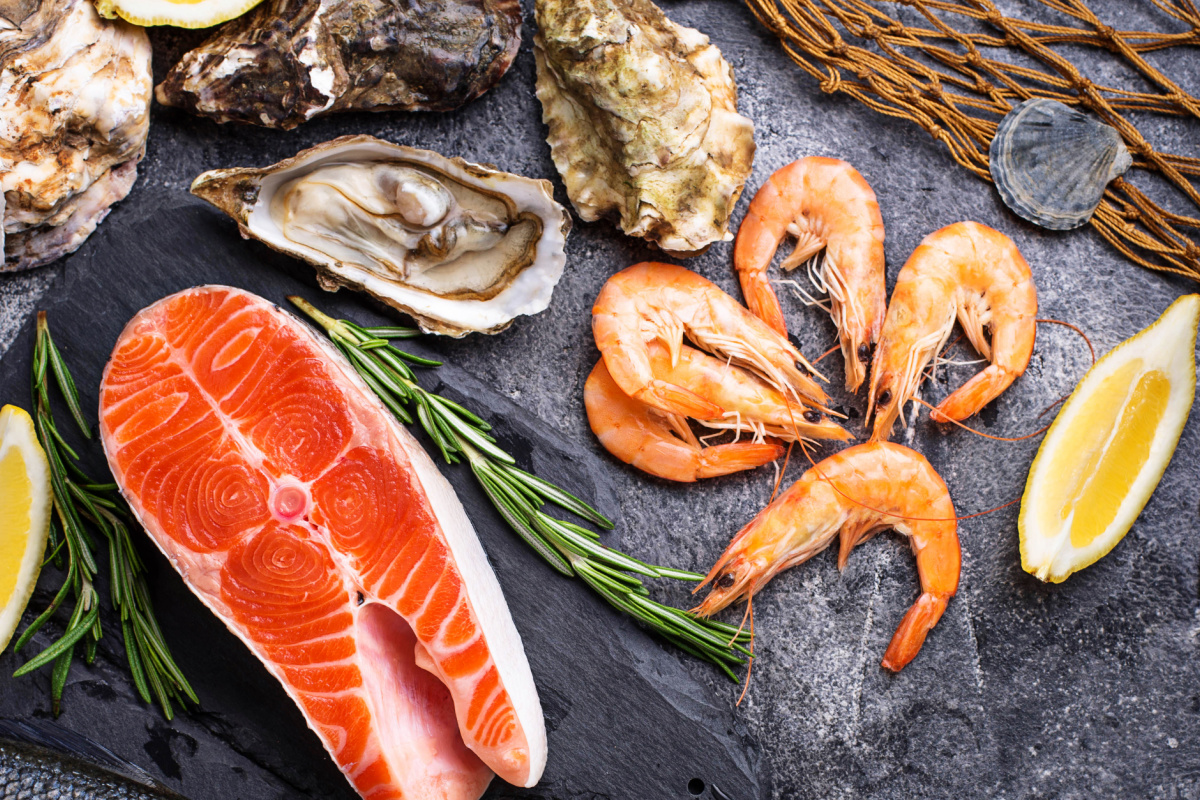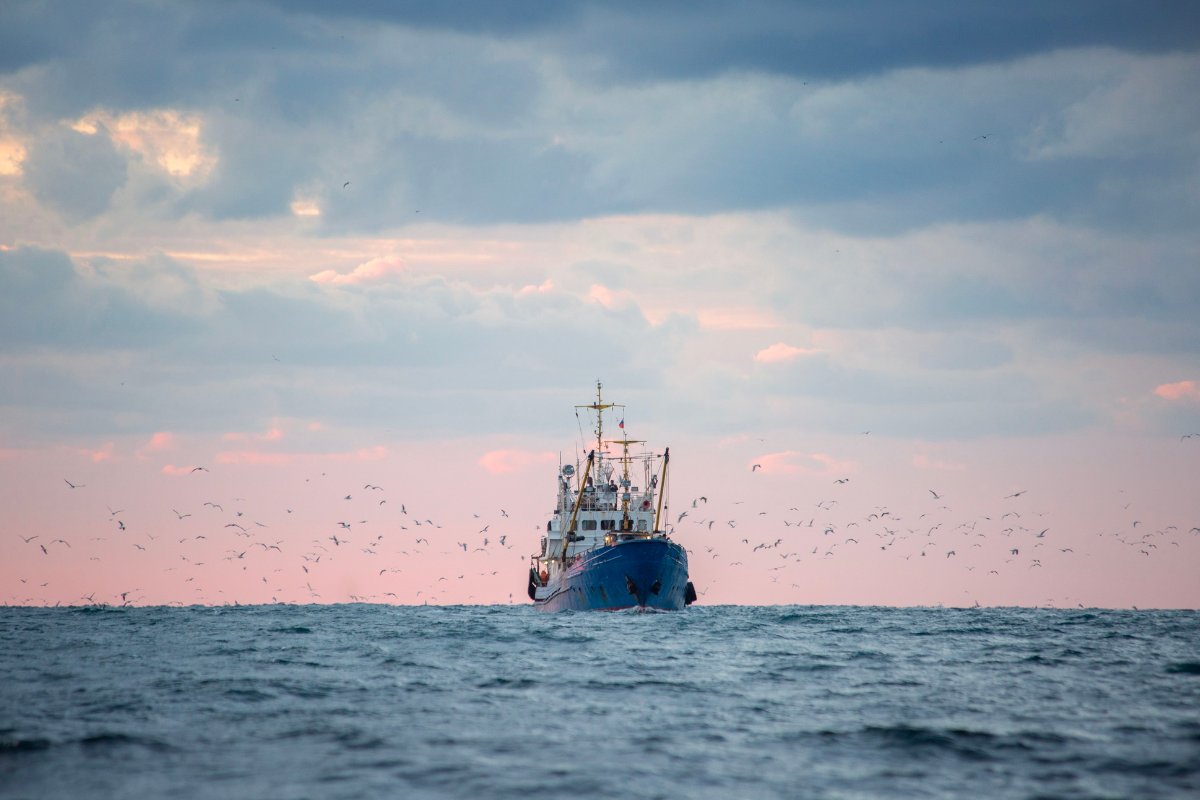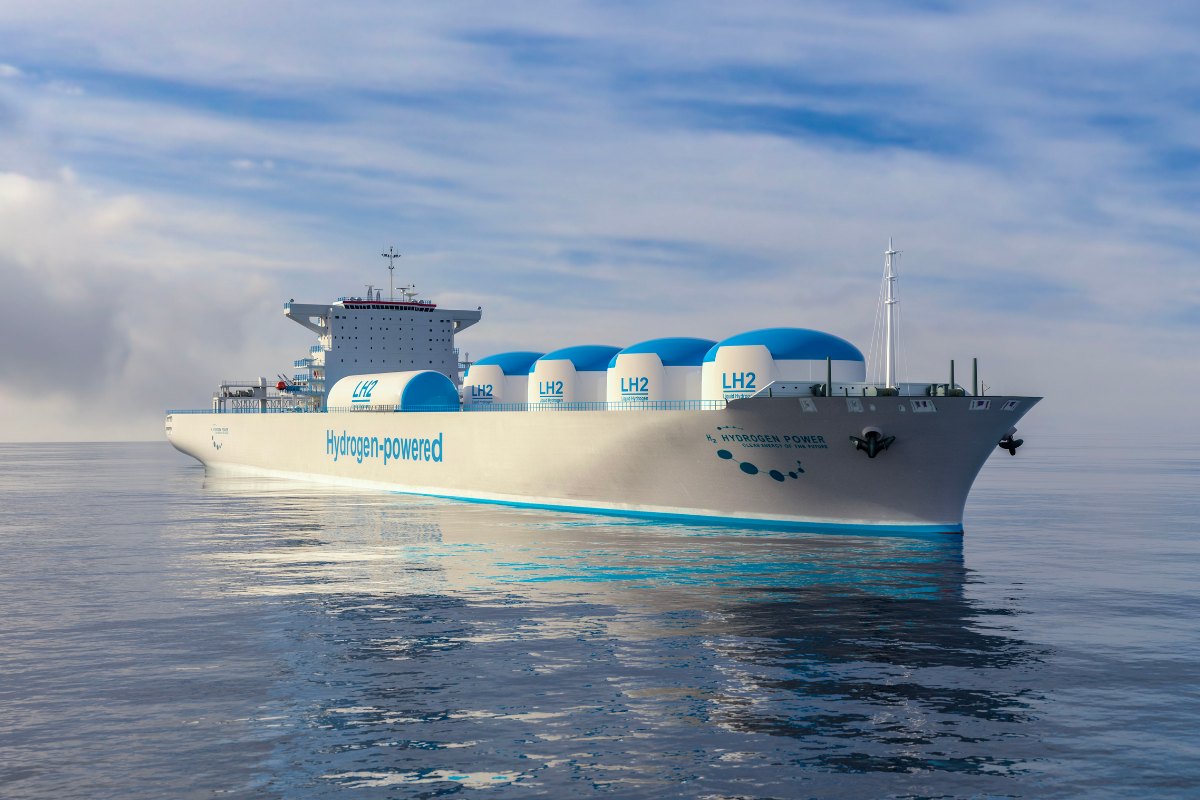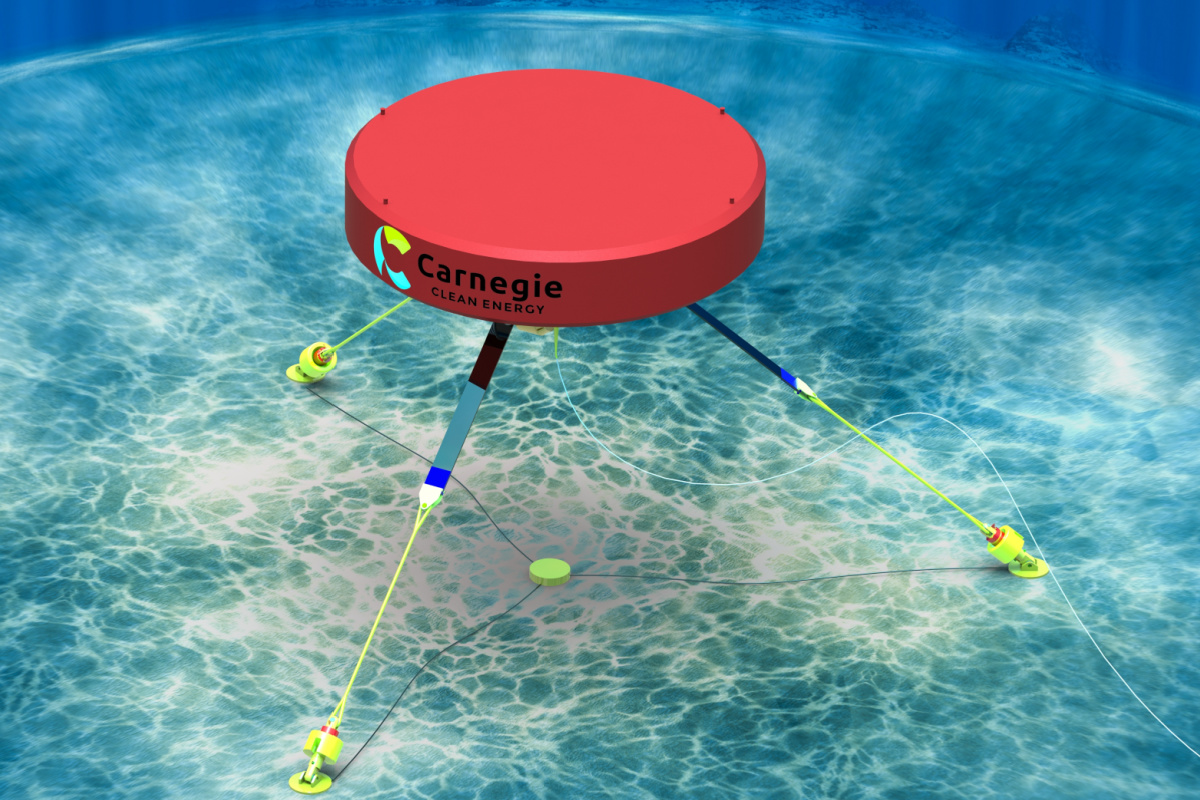
A Framework for Evaluating and Guiding Ocean Energy Technology Developments: Presentation of the OES Framework and Application
Wednesday 15th November
4pm – 5.30pm (AEDT)
The International Energy Agency (IEA) Ocean Energy Systems (OES) Technology Collaboration Programme published an International Evaluation and Guidance Framework for Ocean Energy Technology. The document intends to support international efforts by presenting a framework for technology evaluation and guidance of engineering activity, ensuring that decision-makers have consistent information available to them.
International acceptance of a common approach to technology development and evaluation brings the following benefits:
- Clarity in the expectations from different stakeholders during each stage of development, bringing clearer communication.
- Consistency in the use of terminology, and the process to evaluate technology, ensuring a level playing field.
- Stakeholders working together to build confidence and transparency in the sector.
- Efficient decision-making processes promoting direction of funding to the technologies with highest chances of commercial success.
- Technology development processes consistent across the world, leading to more international collaboration more globally transferrable technology.
- Consistent and coordinated application of other sources of technical guidance available in the ocean energy sector.
The framework applies to wave and tidal stream technologies, but future versions will be expanded to other forms of ocean energy.
The invited presentations and speakers will provide:
- Information about the IEA-OES Technology Collaboration Programme;
- The objectives, content and benefits of the IEA-OES Evaluation and Guidance Framework, and the experience of national and international funders in its adoption.
- An application of the framework in the development of Carnegie Clean Energy’s CETO technology toward commercialisation in the EuropeWave programme.
Presentation 1: About the Ocean Energy Systems (OES) Technology Collaboration Programme Presented by Professor Irene Penesis
Ocean Energy Systems (OES) is the short name for the Technology Collaboration Programme on Ocean Energy Systems, an intergovernmental collaboration between countries, founded in 2001, which operates under a framework established by the International Energy Agency (IEA) in Paris.
Established in 1974, the International Energy Agency (IEA) carries out a comprehensive programme of energy co-operation for its 29 member countries and beyond by examining the full spectrum of energy issues and advocating policies that will enhance energy security, economic development, environmental awareness and engagement worldwide.
The Blue Economy CRC is the member representing Australia. Professor Irene Penesis is the Australian Primary Delegate, and Professor Christophe Gaudin (from University of Western Australia) is the Alternate Delegate.
Presentation 2: Objectives, content and benefits of the IEA-OES Evaluation and Guidance Framework presented by Jonathan Hodges
In this talk, Jonathan Hodges will introduce the objectives, content and benefits of the IEA-OES Evaluation and Guidance Framework, including the updates soon to be released in a 2nd Edition. He will discuss the background of its production and share the experiences of national and international funders and their adoption of its recommendations in ocean energy funding programmes.
Presentation 3: Development of the CETO technology toward commercialisation in the framework of the EuropeWave programme presented by Dr Alexandre Pichard
Carnegie is the owner and developer of the CETO technology, which captures energy from ocean waves and converts it into electricity. We use the latest advances in artificial intelligence and electric machines to optimally control the device and generate electricity in the most efficient way possible.
We have a long history in ocean energy with a track record of world leading developments. We are using a staged approach to our technology development to minimise risk and cost along the pathway. The OES framework provides valuable guidance around the logical development steps and the associated evaluation criteria. It provides a framework for technology evaluation and guidance of engineering activity
Carnegie has been selected to progress the development of the CETO technology toward commercialisation in the framework of the EuropeWave programme. EuropeWave is an innovative R&D programme combining almost €20 million of national, regional and EU funding to drive a competitive Pre-Commercial Procurement (PCP) programme for wave energy technology. The presentation will highly how Carnegie has been applying the OES framework withing the context of the EuropeWave programme.
The webinar will be facilitated by Professor Irene Penesis and presentations will be followed by Q&A.
PRESENTERS
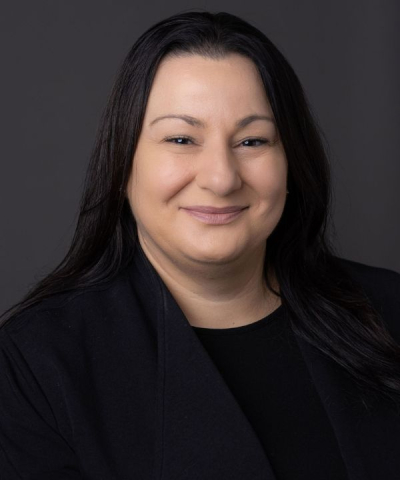
Name: Professor Irene Penesis
Affiliation: Research Director | Blue Economy CRC
Professor Irene Penesis is the Research Director for the Blue Economy CRC and was the bid leader responsible for developing the successful application to the Australian Government’s Cooperative Research Centre (CRC) program. Irene’s passion for a transition to renewable energy, environmental sustainability and decarbonisation of marine and maritime industries led her to developing the successful application to the Commonwealth’s CRC program. Irene is on secondment from the Australian Maritime College, University of Tasmania where she led a multi-disciplinary research team working in the field of marine renewable energy and contributing to educating maritime engineering students in the Centre for Maritime Engineering and Hydrodynamics.
Irene is the Australian Primary Delegate of the International Energy Agency’s Ocean Energy Systems (OES), and on the Steering Committees of the Tasmanian Government’s Renewable Energy Action Plan, the Marine Energy Research Australia (MERA) at the University of Western Australia and MERIC Chile’s Scientific International Committee.
Irene was the Chair of Marine Renewable Energy Specialist Committee of the International Towing Tank Conference (ITTC) between 2011 and 2017, a peak international body developing technical guidelines and procedures relevant to the hydrodynamic testing of wave energy converters, marine current/tidal turbines and offshore wind turbines.
Irene is the next Chairperson for the International Conference on Ocean Energy (ICOE) to be held in Melbourne, Australia in 2024.
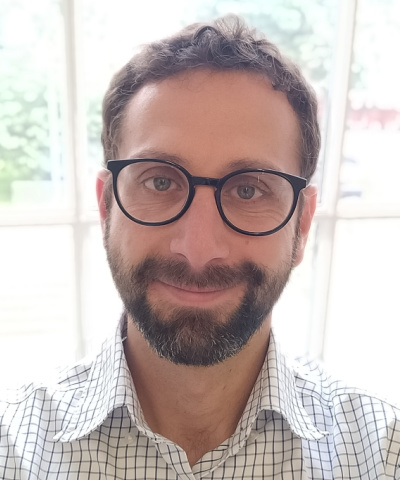
Name: Jonathan Hodges
Affiliation: Innovation and Strategy Manager | Wave Energy Scotland
Following an early career in the aerospace industry, developing and testing Rolls-Royce turbofan engines, Jonathan moved to ocean energy sector where he gathered innovation, resource assessment and tecno-economic analysis experience. In his role as Innovation and Strategy Manager at Wave Energy Scotland (WES), he aims to identify innovation opportunities, influence research agendas and develop funding strategy to help the sector deliver cost-competitive wave energy technologies.
Jonathan is involved in global collaboration activities to develop technology assessment tools and processes, deliver consensus on performance metrics, and seek technology transfer opportunities to advance the sector towards commercialisation.

Name: Dr Alexandre Pichard
Affiliation: Chief Technology Officer | Carnegie Clean Energy
Formerly system engineer and data analyst at Carnegie Clean Energy, Alex is now leading the technology development at Carnegie. Alex graduated with a Doctorate in Physics in 2010 and became a chartered engineer in 2018. Alex has been working with the engineering team a Carnegie for 10 years and has acquired over that period an intimate knowledge of the CETO technology and the wave energy industry in general.
He contributed to the design, construction, installation and operational phases of Carnegie’s previous project the Perth Wave Energy project consisting in the deployment of three CETO 5Units offshore Garden Island. He is passionate about the Climate-Energy Challenge and the innovative technological solutions developed to face it. Alex is happiest when he is in or on the ocean, freediving, kitesurfing and exploring.
